Five new Assistant Professors join the School of Mathematics
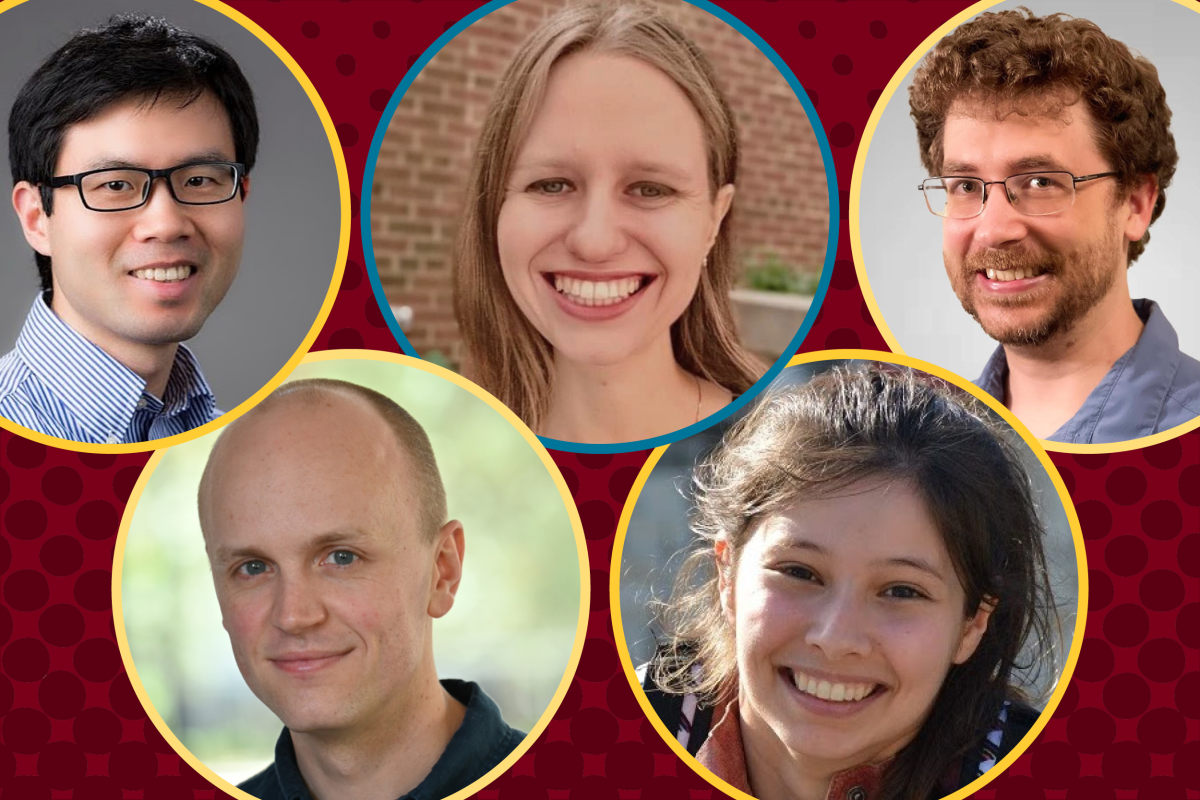
Bottom row, left to right: Alex Watson & Maru Sarazola
MINNEAPOLIS / ST. PAUL (08/25/2023) – The School of Mathematics is gaining five new Assistant Professors in Fall 2023. We are proud to welcome Gregory Handy, Yulong Lu, Maru Sarazola, Alex Watson, and Anna Weigandt to the faculty.
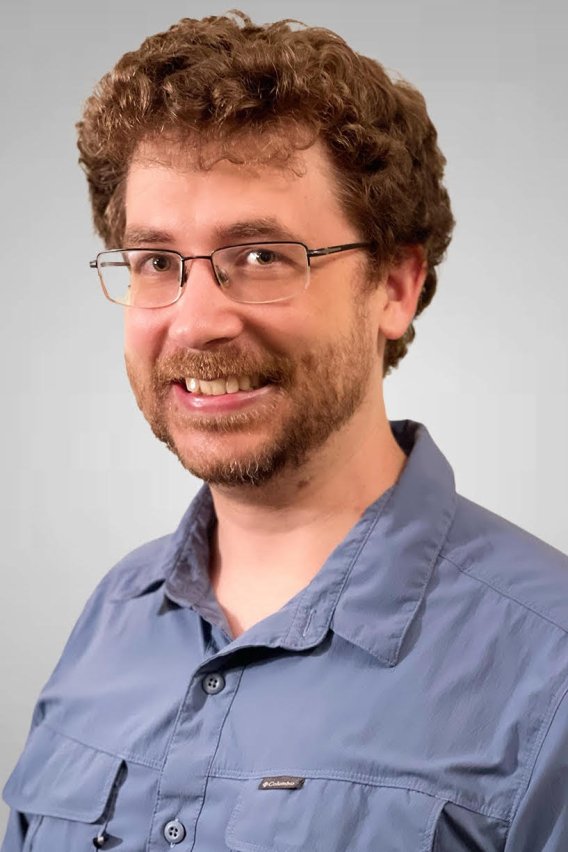
Gregory Handy (he/they) comes to Minnesota from the University of Chicago, where he was a postdoctoral scholar in the Departments of Neurobiology and Statistics. Handy received their PhD in Mathematics from the University of Utah in 2019, where he was advised by Prof. Alla Borisyuk.
As an applied mathematician and theoretical biologist, Handy’s research strives to achieve the following two goals: 1) use biological applications as inspiration to create new mathematical techniques, and 2) combine these techniques with classical approaches to examine the mechanisms driving biological processes. Handy says he is looking forward to continuing work related to advancing dynamical systems techniques used in theoretical neuroscience to extend the theory of traditional excitatory-inhibitory networks to include the diversity of inhibitory subtypes and other brain cells such as glial. Accounting for this diversity of cell types requires the use and development of techniques such as linear response theory, bifurcation theory, mean-field approximation, asymptotic analysis, parameter estimation, and statistical analysis. This work was recently selected for the 2022 Career Award at the Scientific Interface (CASI) by the Advisory Committee and Directors of the Burroughs Wellcome Fund. When asked about what they’re looking forward to in this new role, Handy says “My research is highly interdisciplinary and benefits from close collaborations from within and outside of mathematics. Here at UMN, I look forward to building new bridges with members of the department (including graduate and undergraduate students), as well as with experimentalists in the Departments of Neuroscience and Biomedical Engineering!”
As a teacher, Handy says there are three core pillars governing his role in the learning process: “First, my lectures should include a variety of evidence-based learning experiences. Second, I need to provide constructive feedback throughout the semester so that students may improve and tune their learning styles. Lastly, I hope to convey how class topics connect to real-world skills, and as a result, the focus needs to be on understanding, not memorization.” In Fall 2023, he will be taking on his first UMN Mathematics course, Math 2142: Elementary Linear Algebra.
When he’s not on campus, Handy is exploring the outdoors. He enjoys hiking, kayaking, cross-country skiing, snowshoeing, tennis, and golf. When they were completing their graduate program, Handy loved being involved in Splore, a non-profit organization that specializes in leading accessible outdoor adventures for school-aged children. During these cross-country skiing and rock-climbing trips, they discussed the mathematical concepts found in each activity. “The goal of these trips was not to drill in facts but to show them what a career in mathematics can look like and instill the belief that anyone can be a mathematician,” Handy says. He is looking forward to setting up similar outreach activities here in Minnesota, as well as interacting with the various student-run organizations.
Handy says he’s a Lego enthusiast and an avid reader. Currently, he’s on a sci-fi kick, making his way through the Foundation, The Three-Body Problem, and Silo series. If you’d like to connect with him about his new role at the School of Math (or send unsolicited science fiction book recommendations), you can reach him at ghandy@umn.edu.
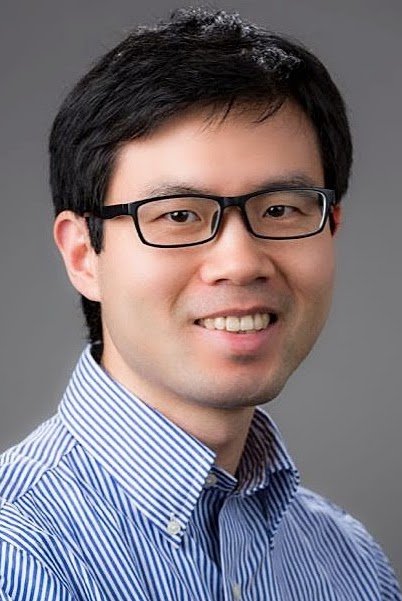
Yulong Lu (he/him) is joining the faculty from University of Massachusetts, Amherst, where he was an Assistant Professor in the Department of Mathematics and Statistics. In 2017, Lu received his PhD in Mathematics and Statistics at the University of Warwick under the supervision of Prof. Andrew Stuart and Prof. Hendrik Weber.
Lu’s research interests lie at the intersection between applied and computational mathematics, statistics, and data sciences. His recent research is focused on the mathematical aspects of deep learning. More concretely, Lu is interested in the interplay between deep learning (DL) and partial differential equations (PDEs). “On the one hand, DL has achieved remarkable empirical success in solving various scientific problems that are models by PDEs whereas their theoretical underpinnings have not been fully understood. One thread of my research is to develop rigorous error analysis of DL solvers for high dimensional PDEs. On the other hand, I have also been interested in using PDEs as an important tool for analyzing various architectures/algorithms in machine learning,” Lu says about his research. At UMN, Lu says he is planning to further advance the theoretical connections between the two fields. Lu also says he’s looking forward to the collaboration opportunities the School of Math has to offer. “UMN Math is a very strong department with many experts in PDEs and machine learning. I look forward to building new collaborations with colleagues from both fields,” he says.
For Lu, the teaching portion of the professor role has been both enjoyable and rewarding. “I am very pleased and gratified when the students grow in understanding new ideas under my guidance, and when they develop their passion for mathematics through spontaneous explorations. In the meanwhile, I also take every teaching experience as a learning experience for myself,” he says. In Fall 2023, Lu will be teaching Math 2573H: Honors Calculus III at the undergraduate level and Math 8600: Topics in Applied Mathematics, Theory of Deep Learning at the graduate level.
Outside of the classroom, Lu loves traveling – especially visiting places he’s never been before – and trying new things. If you’d like to connect with him about his new role at the School of Math or send him a recommendation for something new to try in the Twin Cities, you can reach him at yulonglu@umn.edu.
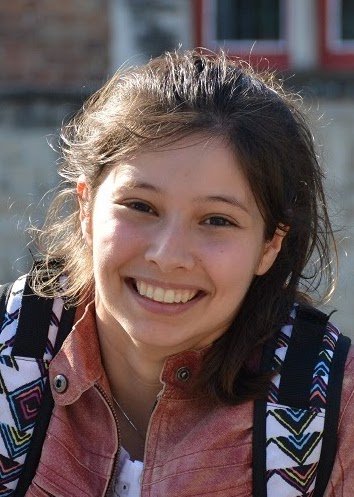
Maru Sarazola (she/her) joins the UMN faculty from Johns Hopkins University, where she was a J.J. Sylvester Assistant Professor. Sarazola received her PhD from Cornell University in 2021; her advisor was Prof. Inna Zakharevich.
Sarazola’s research is in algebraic topology. “More specifically, I'm interested in homotopy theory and category theory. Homotopy theory is a field that studies and classifies objects up to different notions of "sameness". For instance, while a donut and a coffee mug are not "the same" in the most obvious sense, a homotopy theorist would consider them indistinguishable since you can deform one into the other. Imagine a donut and a mug made of play-dough. Sometimes it can be really hard to know when two things are "the same"; to help with this, algebraic topologists assign "invariants" to the objects.
These invariants are easier to measure or compute, and the key idea is that objects which are the same will have the same invariant. Then, if you compute the invariants of two objects and get different values, you know for sure they are not the same! (For example, one possible invariant in our example is to count the number of holes: the donut and the mug both have one hole,)” she says when describing her research. Sarazola’s work also focuses on category theory, a perspective that underlies all of her mathematical thinking. Category theory – often described as "the math of math" – looks to abstract all structures as much as possible in order to study their behavior. This allows one to reveal what is at the core of the structure, what is truly essential about it, and separate that from any bells and whistles that may be distracting. Sarazola says she is looking forward to the collaboration opportunities UMN has to offer and is excited to explore new things, examples, or disciplines that may benefit from a homotopical or categorical perspective.
In Fall 2023, Sarazola will be teaching Math 5285H: Honors Algebra I. She considers teaching to be a key part of her career – and one she greatly enjoys. “I'm a believer that the best way to learn math (especially when you're just starting) is by doing, and I strive to bring this approach to my classroom. I'm really looking forward to the new mentorship opportunities I will have in my new role as assistant professor, and to become part of what has so far felt like a vibrant and most welcoming community,” Sarazola says.
When she’s not busy with her algebraic topology research, Sarazola spends a lot of her free time knitting, sewing, and eating (She has a major sweet tooth!) Send your welcome notes, category theory musings, and donut shop recommendations to maru@umn.edu.
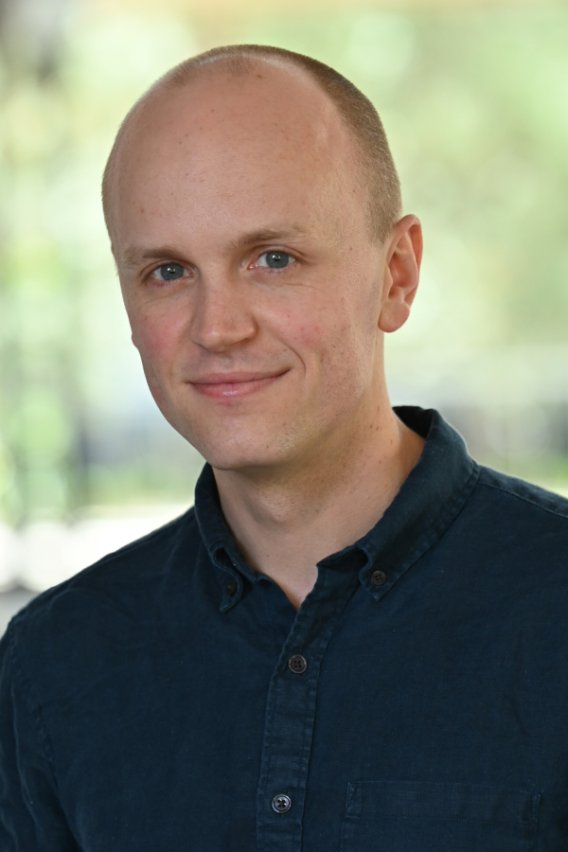
Many School of Mathematics community members will already recognize Alexander Watson (he/they), who is officially joining the faculty after being a postdoctoral researcher with the department for several years. Before coming to UMN, Watson earned his PhD in Applied Mathematics at Columbia University in 2017.
Watson works on mathematical models used to predict the electronic properties of materials, especially novel 2D materials such as graphene and twisted multilayer "moiré materials." These models generally take the form of a PDE Schrödinger equation for the wave-function of electrons in the material. Part of their work is concerned with deriving simplified effective descriptions of the solutions of such models, especially using multiple-scales analysis. The other part consists of finding efficient numerical methods for calculating solutions in a computer, usually exploiting locality of the system. As a faculty member, Watson is eager to forge new collaborations, not just in the mathematics department, but also with physicists and engineers across UMN. “I have already made interdisciplinary collaboration a core aspect of my research agenda and I am excited to make longer term connections in a faculty position,” he says.
During Summer 2022 and 2023, Watson presented to students from the MathCEP's UMTYMP program on topics related to currently active research in materials at UMN. In this coming semester, Watson will be teaching Math 8401 - Mathematical Modeling and Methods of Applied Mathematics, a graduate-level course. “I look forward to continuing to learn from interacting with the excellent students at UMN. I am also committed to widening access to mathematics education through outreach,” they say.
Outside of work, Watson likes to cook, read, and stay active playing soccer or running. Since moving to Minnesota, he’s also got interested in cross-country skiing during the winter! To connect with them as they transition into their new role (and their new office!) in our community, you can email abwatson@umn.edu.
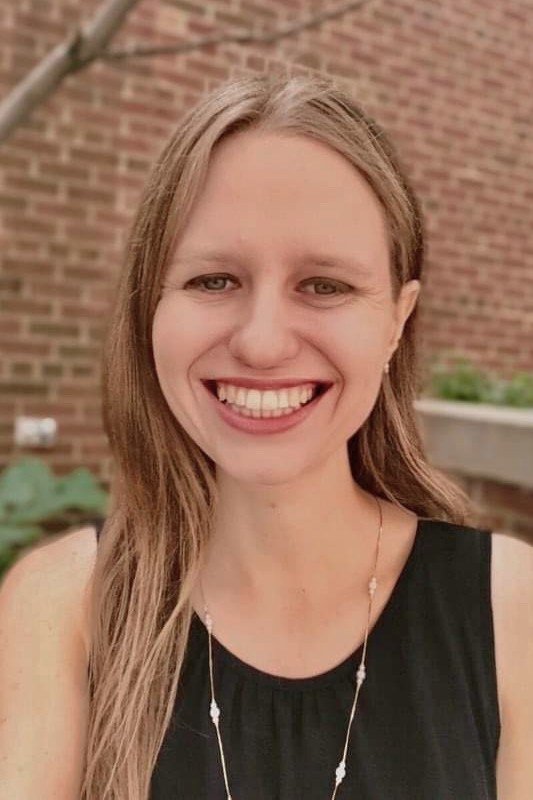
Anna Weigandt (she/her) is joining the UMN faculty from the Department of Mathematics at the Massachusetts Institute of Technology, where she was an instructor. Previously, she was an IBL Postdoctoral Assistant Professor at the University of Michigan, and completed her PhD at the University of Illinois in 2018 under the direction of Prof. Alexander Yong.
Weigandt works in algebraic combinatorics, specifically Schubert calculus. Schubert calculus studies the way arrangements of geometric objects, such as points, lines, and planes, sit in space together. In her research, Weigandt uses tools from algebra, combinatorics, and geometry. The work often focuses on problems involving determinantal ideals, alternating sign matrices, and quiver representations. Various parts of her research program overlap in exciting ways with work that's being done at UMN. She says she’s looking forward to opportunities to collaborate with the faculty, postdocs, and students here.
At Michigan, Weigandt taught for the Inquiry Based Learning program, where students learned course content through group work and guided discovery. “I think that the best way to learn mathematics is to actively work on solving problems. I've also taught courses with an emphasis on mathematical communication. Mathematical writing can be very different from what you learn in a standard communications class, so I think it is important for students to have opportunities to write mathematics and get feedback,” she says about her teaching background. In Fall 2023, she will be teaching Math 5705: Enumerative Combinatorics.
In her free time, Weigandt enjoys gardening, particularly growing vegetables. She also sings for fun and enjoys the theatre. Want to talk combinatorics, cucumbers, or choir? You can reach her at weigandt@umn.edu.